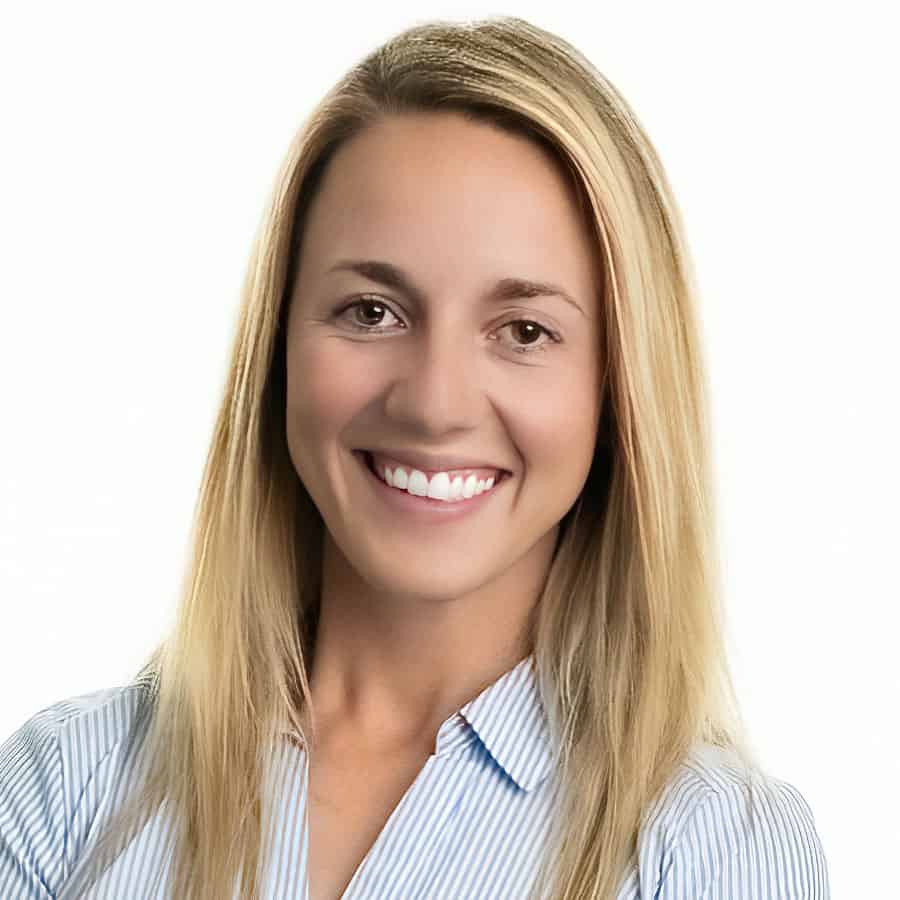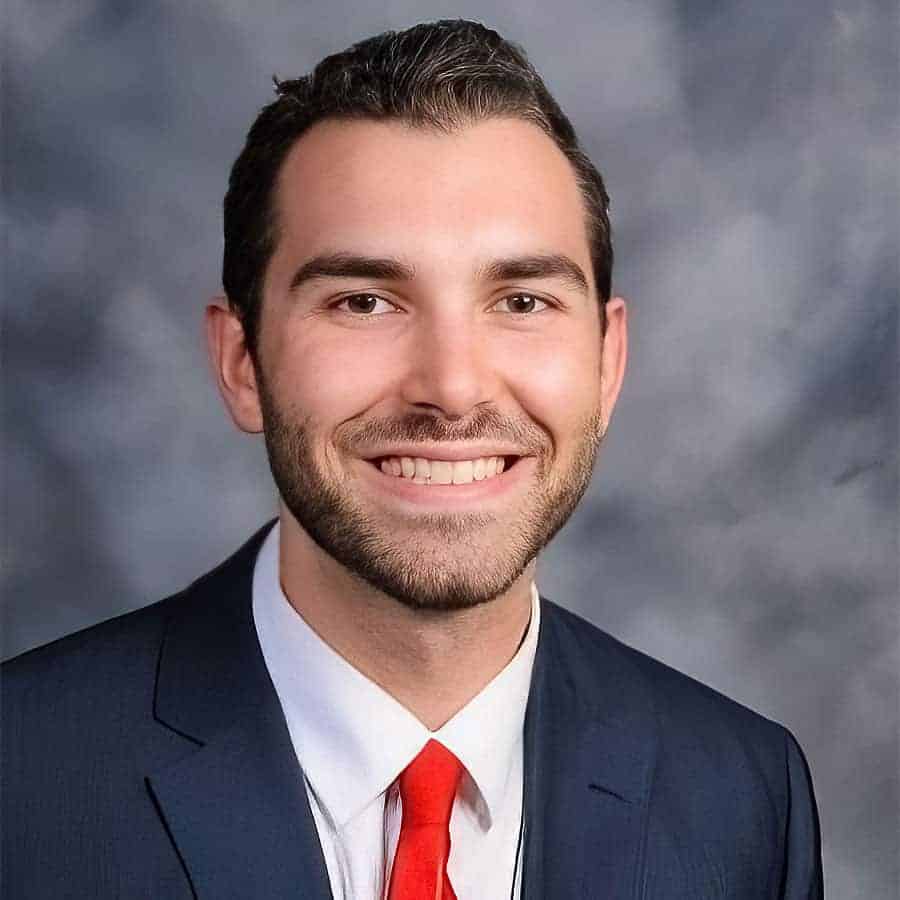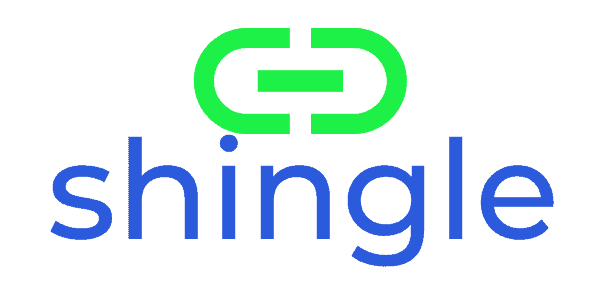In this episode, we talk to Declan Vanderhor, a geotechnical engineer by trade and founder of TabLogs, as well as with Hannah Thomas, a geotechnical engineer and account executive at TabLogs, about how to streamline site investigations by removing the data entry bottleneck, as well as some commonalities between technologies applied to all civil engineering disciplines.
Engineering Quotes:
Here Are Some of the Questions I Ask Declan and Hannah:
- Talk to us about TabLogs’ origin story. How did it all begin?
- What are some of the drawbacks of the current industry practice for logging geotechnical/environmental site investigations?
- What is the cost of consultancy inaction, and why do you think there hasn’t been a digital logging solution adopted across the industry yet?
- Why hasn’t the industry adopted a digital logging solution to this point?
- How can TabLogs help engineering firms streamline site investigations with a modern software alternative?
- How do you strike the balance between what is required in a project and what might need some customizability?
- How does TabLogs facilitate remote communication?
- What is next for TabLogs?
- What advice would you like to give our listeners?
Here Are Some Key Points Discussed in This Episode About How AEC Firms Can Streamline Site Investigations:
- Declan started developing TabLogs soon after school when he discovered there was no easy way to log information digitally on-site for himself and his friends.
- There is no standard in the practice of logging geotechnical/environmental site investigations. Most data logging is based on what the engineer and client want to see for that specific project. It means that the back-end of the data entry software must always be changed to suit the project before data entry can be done. It is a time-consuming and iterative task that most engineers do not enjoy doing.
- Standardization is very important to data capture on-site. It lets young engineers to seasoned engineers capture data in the same way and using the same terminology. It advances the efficiency of engineering consultancy and streamlines site investigations to improve the cost margins in the project process. Clients will pick a consultancy that can get information on the day of drilling instead of a consultancy that will get the information to them two weeks later.
- The idea of adopting a digital logging solution is not difficult to grasp, but it is difficult for engineers to adapt to using software on a tablet when they are out in the field and covered in mud. It is difficult to produce a software solution that will suit all engineers, and this is why a digital data logging solution has not been adopted in the industry.
- TabLogs can help engineering firms streamline site investigations because it is based on tabs instead of everything being written and has an easy-to-use interface. It can be set up on the front-end of the software according to what needs to be done before going out to the site, which eliminates confusion, and ensures the correct instrumentation is taken with. Senior engineers can keep tabs on the drilling process and instruct junior engineers to do things from the office.
- For areas of projects that might need customizability, the governing standard of the region must be leveraged to predictively change the logging menu and streamline the logging process. An option to add notes and favorite notes is always available under the description from a drop-down menu.
- At sites that have a network available, feedback is sent to the office, and vice-versa, in real time. It enables the office and people in the field to have immediate communication to ensure the jobs are being done optimally and decisions can be made and carried out immediately.
- TabLogs receives many requests from their users to produce a lab testing side to their software, which is prompting the creation of TabLabs, which will be released in the next six months. TabLabs will send lab testing results back into TabLogs to reconcile on-site tests with the lab results. 3D models with long sections and three steps are also in the testing phase at TabLogs and will be made available early next year.
- Look for ways to make your life easier. Look for software alternatives because many can add some quality of life to your career. If you cannot find any software that can help you, look at it as an opportunity to create it.
- Do not be afraid of trying something new. Go into new things with an open mind and always be willing to learn. It might be frustrating to figure out at first, but it will be worth it in the long run.
More Details in This Episode…
About the Guests:
Declan Vanderhor

TabLogs equip geotechs with a software alternative to pen/paper logs that not only streamlines logging onsite, but also produces all necessary final reports in seconds. This saves their clients thousands per week on data entry wages and keeps engineers doing the billable work they’re trained to do.
TabLogs is now helping hundreds of geotechnical and environmental engineering firms across the USA and Asia Pacific region streamline their investigations with a modern software alternative.
Hannah Thomas

About the Host: Nick Heim, P.E.

Sources/References:
TabLogs
Connect with Declan Vanderhor on LinkedIn
Connect with Hannah Thomas on LinkedIn
This Episode Is Brought to You by Shingle

We would love to hear any questions you might have or stories you can share on how your firm streamline site investigations.
Please leave your comments, feedback, or questions in the section below.














